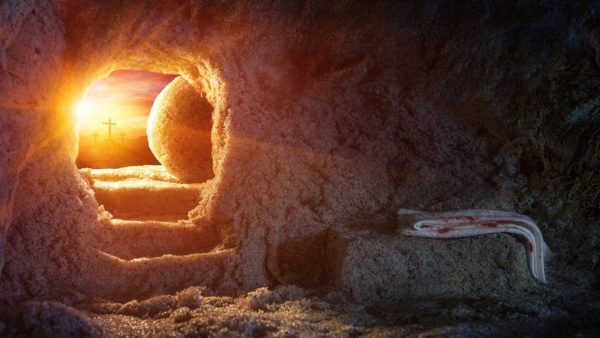The prime minister yesterday was riled up. Referring to this newspaper, he said that criticism is necessary, but when it exceeds a certain limit it becomes targeted propaganda.
First of all, the fact that the prime minister gave such an answer to a question on the deadly Mati wildfire disaster creates a painful impression. The question posed by Ta Nea’s reporter was whether the PM himself knew that people had died in Mati when he made televised statements at the Fire Service’s coordinating centre on the night of the tragedy.
In democracies, such a question does not constitute criticism of power, but rather a fundamental journalistic duty.
Beyond that, can the prime minister explain what the limits are? When, in his view, does criticism become targeted propaganda? Are the media that support him and his government avidly among the sinful who engage in targeted propaganda?
Whatever his view may be, does he believe that his opinion is carved in stone and must be imposed as a general rule, the compliance with which should be judged by some committee?
There was an indirect answer to this question at yesterday’s televised news conference, where media which are not to the government’s liking were either allowed to pose a question towards the end, or not at all.
That choice bears witness to a certain perception of freedom of the press.
Our newspaper chooses to check power and criticise the prime minister’s choices, the policies of the government and the individuals who comprise it, and of course the entire political spectrum.
This is the choice of fulfiling the self-evident duty of the press.
































